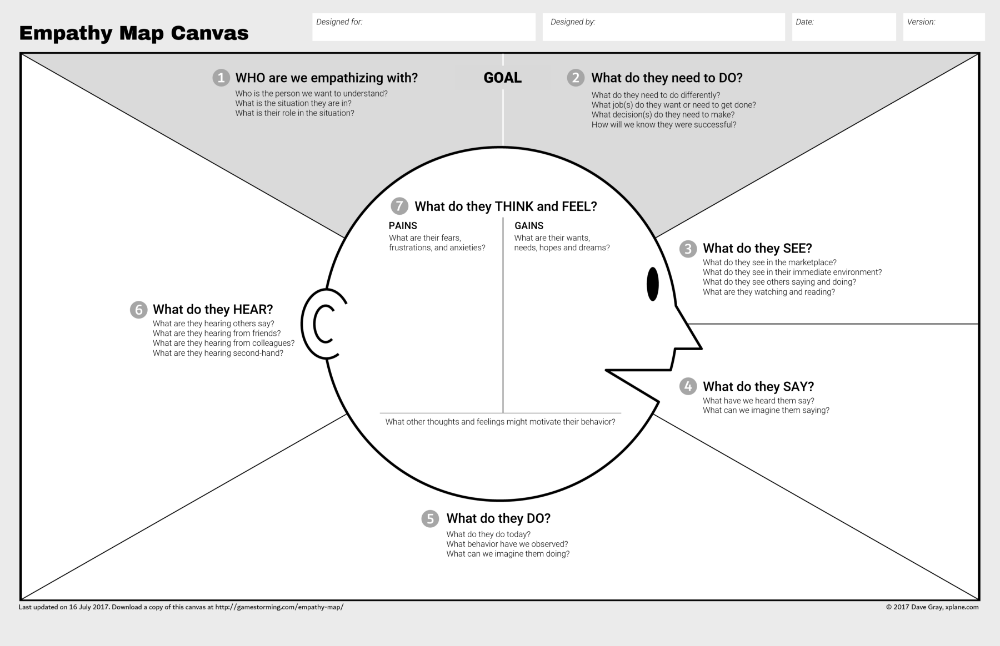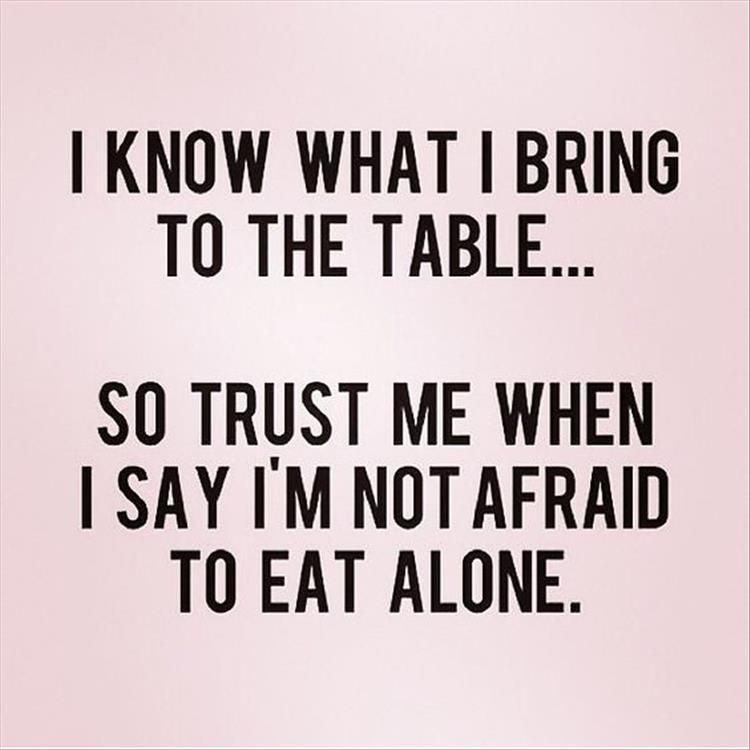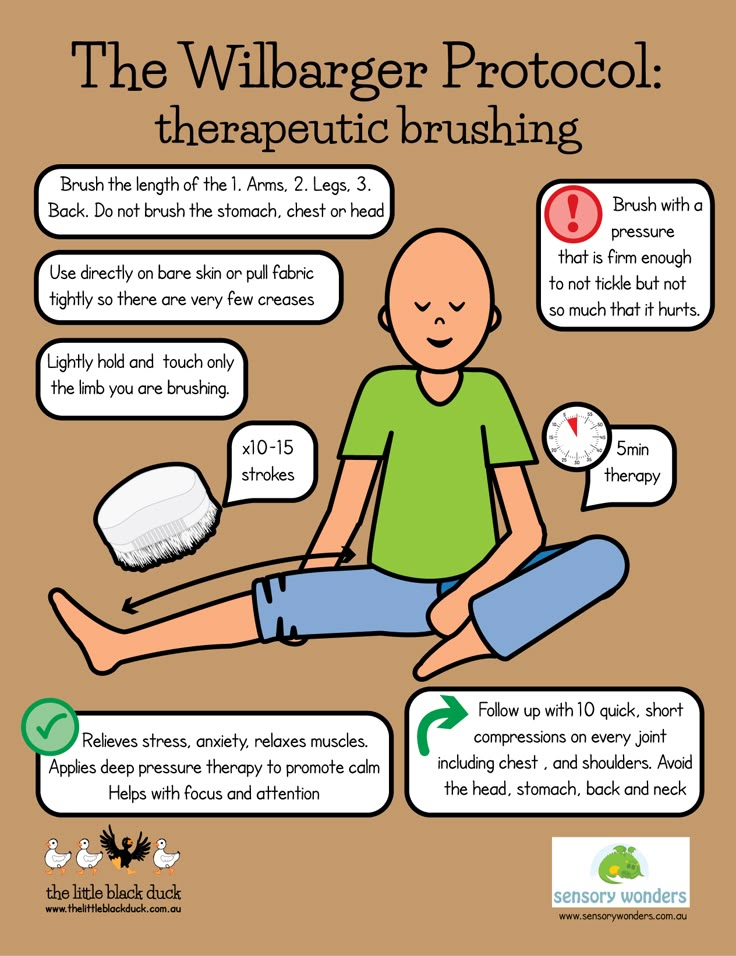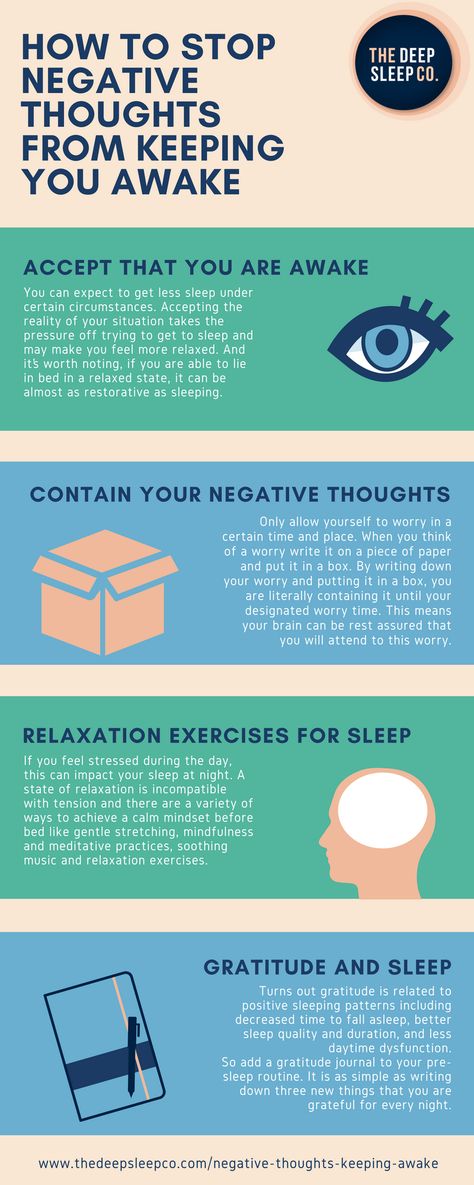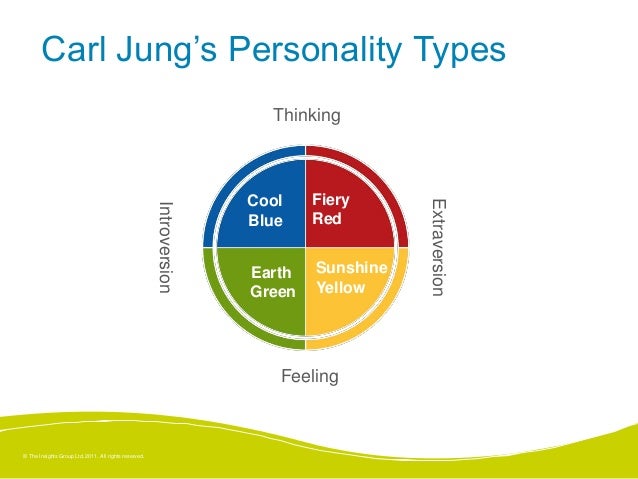How do i stop being paranoid in a relationship
How to Stop Being Paranoid in a Relationship: 10 Simple Steps
In This Article
It’s happening again: your unhealthy relationship behavior patterns are ramping up.
You are starting to feel insecure, doubtful about your partner, and paranoid.
You wonder if they really are in love with you.
You start interpreting their actions as signs that they will leave you – a text that they didn’t answer right away, an evening where you sensed something was just “off” with them, a suspicion—unfounded but present nonetheless—that he might be seeing another woman.
Does this anxiety and paranoia in relationships sound familiar? Do you recognize this pattern in yourself?
If so, know that you can be helped.
Let us learn how to stop being paranoid in a relationship.
Anxiety and relationships are intertwinedThere are moments when these go hand in hand.
But most people sail through these moments, dealing with anxiety using positive self-messages, good communication techniques, and reaching out for professional help if they sense it is needed.
On the other side are those of us who exhibit extreme anxiety in our relationships, both love relationships as well as professional ones.
Why is it that some people can manage these moments of paranoia and anxiety, and others remain stuck in a self-defeating pattern?
Causes of relationship paranoiaWhat are some reasons why you experience relationship paranoia? Once you have figured out the causes and impact of relationship paranoia, it would be easier to know how to stop being paranoid in a relationship.
1. Your past can dictate your future choicesSo much of your past will dictate how you react in the future.
Suppose you experienced trauma in a previous relationship or your childhood and haven’t done the tough but necessary psychological work to free yourself from the effects of this trauma. In that case, you will likely carry this over to future relationships.
It is nearly impossible to overcome trust issues if you don’t deal with them head-on.
Let’s say your previous partner was unfaithful in the relationship. Let’s say he hid his extramarital affairs for years until one day he got caught.
It would be normal for you to exhibit trust issues in subsequent relationships because you lived for years with someone you thought was trustworthy but who turned out to be living a double life.
2. Low self-esteemIf you struggle with a low sense of self, you are likely to feel paranoid in the relationship. You might think your partner is too good for you or that they can always find someone better than you. In that case, you will always be paranoid about them leaving.
Related Reading: How Low Self Esteem Affects a Relationship3. Attachment styles
People develop different attachment styles based on their childhood experiences. Some people have the anxious attachment style, which makes them paranoid and anxious even in romantic relationships as an adult.
How do you move forward now?
Impact of relationship paranoiaRelationship paranoia can negatively affect your health, partner, and relationship. Understanding the impact of relationship paranoia will help you figure out how to stop being paranoid in a relationship.
1. Detreating health
Paranoia causes your brain to be on high alert. This can lead to excessive stress, lack of sleep, reduced appetite, anxiety, and fatigue.
2. Your partner has trouble coping with itWhile your partner may understand where you are coming from, being constantly paranoid about something related to them or your relationship may negatively affect them. They may feel the need to explain themselves all the time, which is not just unhealthy but can also become very challenging for them.
3. Lack of trust in the relationshipRelationship paranoia indicates a lack of trust in a relationship. Trust is one of the pillars of a healthy relationship, and its lack can adversely affect your relationship.
If you want to manage the paranoia you are feeling in your relationship, here are ten things you can do. If you have been wondering, “How to deal with paranoia in a relationship?” read on.
1. Have an open conversationHow to stop being paranoid in a relationship?
If you are experiencing trust issues in a current relationship, the first step in managing this is to open the communication channel with your partner.
You need to see if you are merely being paranoid, based on a previous relationship experience, or if there is truly something going on.
So sit down with your partner and have a frank talk.
Share with him what you are feeling: that you are dealing with paranoia and need to know if there is any basis for this feeling.
Also watch:
2. Dealing with past issues
Dealing with past issuesIdeally, the honest conversation you will have with your partner will show you that there is no reason to be paranoid; and is really the basis of the answer to the question “how to stop being paranoid in a relationship?”
But that may not be enough to get rid of your paranoia—remember, trust issues, paranoia, and feeling insecure in a relationship are all part of the emotional baggage you have been carrying for a long time.
This is where working on changing that response will be critical in helping you establish healthy, happy connections.
3. Understand your feelingsFeeling insecure is one of your go-to emotions. Recognize that this speaks more about you than about your relationship.
Being aware of this part of your personality is the first step in overcoming trust issues and getting rid of paranoia.
This awareness helps you realize that unhealthy emotion is internally-driven and not externally-provoked.
Related Reading: 15 Ways to Help Your Partner Understand How You’re Feeling
4. Seek professional helpTrained therapists can help you explore the roots of these behaviors and help you begin to fix trust issues in a relationship.
Working with a mental health expert in a safe and trusting space can be beneficial in overcoming these relationship-handicapping behaviors.
You can learn how to replace the paranoia, insecurity, and trust issues with more positive and loving thoughts, repeating these thoughts until you feel calmer and able to let go of the unhealthy emotions.
5. Focus on the presentFocus on the present without viewing it through the lens of the past, if you want to learn how to stop being paranoid in a relationship.
It is possible to retrain our brain’s thinking so that when a negative thought comes along, we become aware of how it feels for a moment and then learn to let it go.
To overcome insecurity in your relationships, it is helpful to learn to stop the reflex where you automatically refer back to any past unhealthy relationships that have nothing to do with your current living.
Each connection in your life is its entity, fresh and new.
6. To stop being paranoid, practice self-careAt the root of paranoia, insecurity and trust issues is a low sense of self-worth. Therefore, the answer to “How to not be paranoid in a relationship” lies in increasing your self-worth.
When low self-worth is present, we risk becoming convinced that we do not deserve good things happening in our lives, or that we are not worthy of being in a relationship with our partner.
Our relationship trust issues begin to take a toll on the relationship, and the very thing we feared—abandonment—happens due to our behaviors.
By taking the time to build your sense of value, worthiness, and self-esteem, you can put a stop to being paranoid and insecure in your relationship.
It is a freeing feeling to be in a relationship with a firm grasp on your worthiness!
7. Identify your triggersWhat triggers your relationship paranoia is essential when you are trying to understand how to overcome paranoia. Is it when you are unaware of what your partner is up to, or when you see them hide their phone from you? Identifying your triggers can help you avoid them and practice not being paranoid in your relationships.
8. Pause before you reactYour first reaction to anything that triggers your paranoia may be to worry and question. However, pause for a moment and understand what is causing this response. Is it the situation or the fact that you experience relationship paranoia generally?
This will help you a great deal in reducing your paranoia.
9. Do not surrender to the paranoiaWhen you feel these thoughts, do not let paranoia take over. Understand your feelings, face them, but do not let them take over your reactions.
Find ways to build trust with your partner. You can practice trust-building exercises or seek couple counseling.
Trust is essentialHow to stop having trust issues and being paranoid?
Trust is definitely one of the most essential elements of a relationship. Being paranoid in a relationship is a reflection of a lack of trust. It is of utmost importance that you and your partner communicate about this and ensure that you work on it together.
If you feel you need to seek professional help, it is best to speak to a counselor.
Stop Paranoia from Destroying Your Relationship
When trust issues in a relationship are fueled by paranoia or self-sabotaging thoughts, these doubts may be even more of a deal-breaker. Here, experts share advice about how to keep your doubts in perspective and help you realize that self-love is the top priority in any successful relationship.
1 / 9
GaudiLab/Shutterstock
Resist calling and texting your partner when she’s with her friends
Instead of the urge to constantly text or call (which insinuates mistrust), try to turn your attention away from the fixation. “Take a deep breath, put the phone down, and focus your attention on fun activities that you could be doing,” suggests Kathryn Esquer, PsyD, MBA, a psychologist in private practice in Jacksonville, Florida. Go out with your own friends, exercise, watch that basketball game—whatever it takes. Avoid these habits that destroy trust in a relationship.
“Take a deep breath, put the phone down, and focus your attention on fun activities that you could be doing,” suggests Kathryn Esquer, PsyD, MBA, a psychologist in private practice in Jacksonville, Florida. Go out with your own friends, exercise, watch that basketball game—whatever it takes. Avoid these habits that destroy trust in a relationship.
2 / 9
Jacob Lund/Shutterstock
Counter the decision to stay home and pine
Rather than sit in the house waiting for him to come home, venture out with your friends to have fun, advises Dr. Esquer. “Couples that pursue their individual interests have more to talk about when spending time together,” she says. “Plus, you’ll have less mental energy to spend on worries and paranoia if you’re too busy having fun yourself.” Here are signs you can totally trust your partner.
3 / 9
BlurryMe/Shutterstock
Be open if recovery is the goal
If your partner did have an affair and both of you want to save the relationship, an open heart and open mind is needed for success.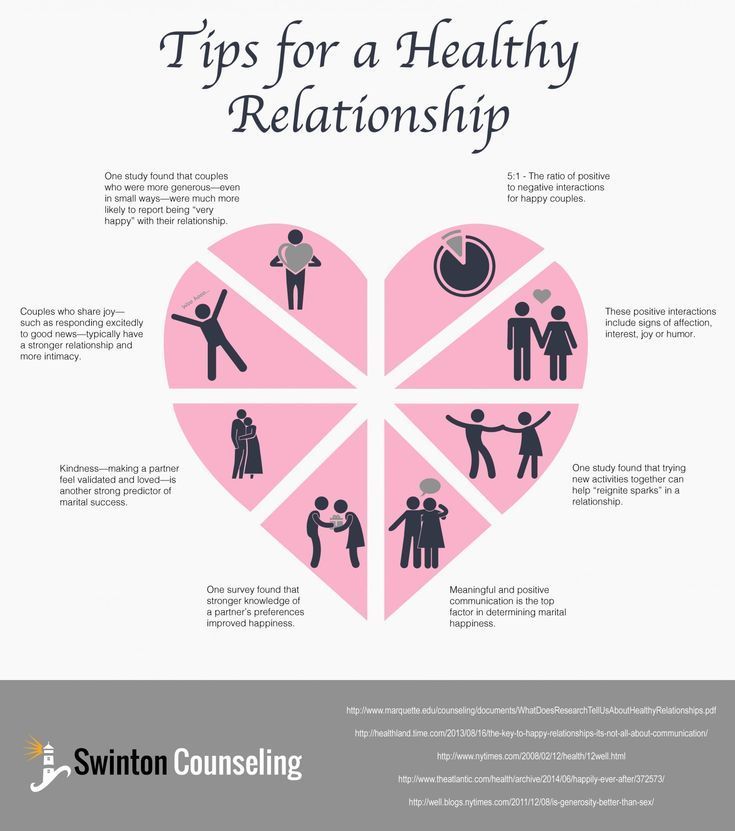 “Do not be afraid to seek help from a psychologist. These professionals have years of education and training in helping people change their behaviors and attitudes, especially thoughts and feelings in relationships,” Dr. Esquer adds. “Choosing to overcome an affair can be difficult and painful, but it can also be rewarding and worthwhile if you find the right professional to help you and your partner move to a new beginning.”
“Do not be afraid to seek help from a psychologist. These professionals have years of education and training in helping people change their behaviors and attitudes, especially thoughts and feelings in relationships,” Dr. Esquer adds. “Choosing to overcome an affair can be difficult and painful, but it can also be rewarding and worthwhile if you find the right professional to help you and your partner move to a new beginning.”
4 / 9
Joyseulay/Shutterstock
Redirect worry to a journal
It may be therapeutic to write down your concerns in a journal to re-channel negative thinking. Kim Chronister, PsyD, a licensed clinical psychologist in Los Angeles, suggests allowing yourself a mere 20 minutes each day to worry about the infidelity. Then, Dr. Chronister suggests writing it all down in a journal, which can facilitate “reframing” your anxiety. “Next, spend the same amount of time ‘reframing’ your worry with alternative possibilities and positive affirmations like ‘I can trust my partner,’ or ‘I can find peace despite whatever is going on with my partner. '”
'”
5 / 9
stopabox/Shutterstock
Let your guard down
Paranoid people are always on guard, believing that others are constantly trying to demean, harm, or threaten them, says an article on webmd.com. “These generally unfounded beliefs, as well as their habits of blame and distrust, might interfere with their ability to form close relationships,” the article cites. Instead, try to look for the best in others.
6 / 9
Eugenio Marongiu/Shutterstock
Take a breath before reacting
The key to managing paranoia is to learn ways of coping that help an individual not react to the emotional state of mind and be able to respond from their wise mind or intuitive sense, says Lisa Bahar, MA, CCJP, a marriage and family therapist in Dana Point, California. “This can be challenging, however, if the individual is not able to discern what feels like an intuitive gut instinct, versus paranoia.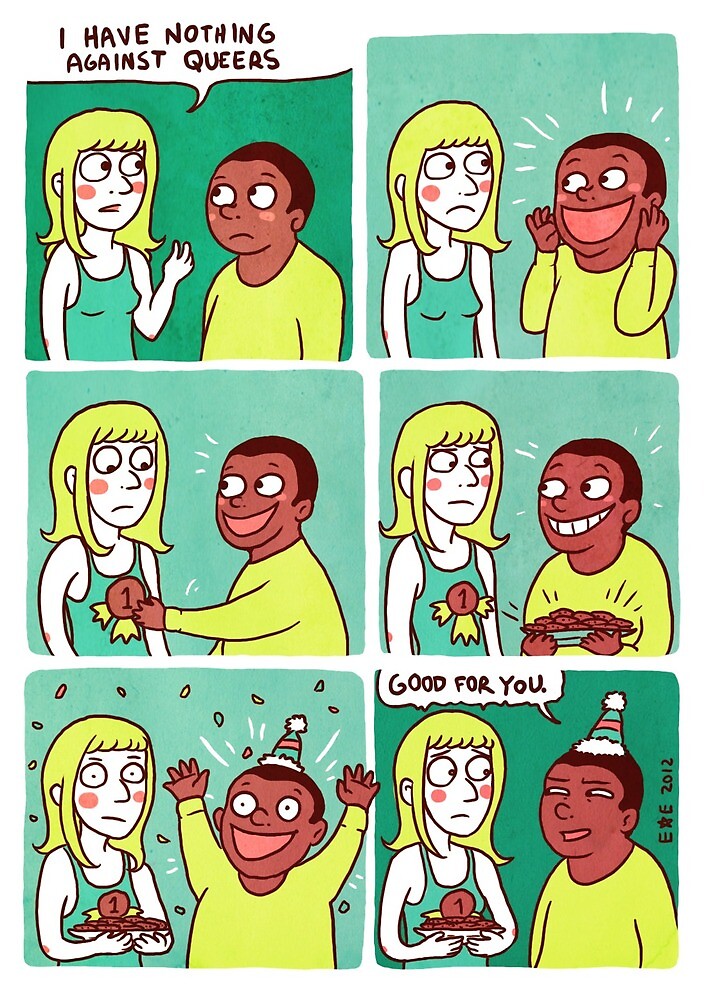 It’s a process the mind goes through to interpret and give meaning to events inside their head or that are occurring outside of themselves, and are stories that are not been fully based on fact.” She says fear can be reduced by reviewing facts and calmly evaluating the situation. “Check in with your intuitive sense of self with mindfulness. Learn how to slow down reactivity and respond from a reasonable state of mind if you feel it will be helpful to the relationship and you.”
It’s a process the mind goes through to interpret and give meaning to events inside their head or that are occurring outside of themselves, and are stories that are not been fully based on fact.” She says fear can be reduced by reviewing facts and calmly evaluating the situation. “Check in with your intuitive sense of self with mindfulness. Learn how to slow down reactivity and respond from a reasonable state of mind if you feel it will be helpful to the relationship and you.”
7 / 9
GaudiLab/Shutterstock
Resist obsessing about social media postings
Marni Amsellem, PhD, a licensed psychologist in Mamaroneck, New York, says the Internet and social media enables paranoia because they are ways to secretly keep an eye out for potential suspicious activity. Sometimes, an ambiguous post can easily fuel insecurity. “Suddenly a story is construed in your imagination, which then affects how you feel about yourself, your significant other, and the state of your relationship,” Dr. Amsellem says. Rather than stalking your partner’s social media platforms and inventing scenarios, ask him who the person is that is commenting of his posts directly.
Amsellem says. Rather than stalking your partner’s social media platforms and inventing scenarios, ask him who the person is that is commenting of his posts directly.
8 / 9
Jaromir Chalabala/Shutterstock
Embrace mindfulness
Be in the moment and notice what is happening, both emotionally and physically; this may help reduce self-sabotaging behavior, says Allison Abrams, LCSW-R, a licensed psychotherapist based in New York City. “What are the thoughts that are triggering these emotions? These sensations can also serve as signals for whenever something like this happens, giving you the opportunity to reconsider acting on instinct. Without mindfulness (awareness of what is happening in the present moment) this opportunity will be lost,” she says. A prerequisite for changing any behavior is awareness of that behavior, Abrams says. “Behavior such as paranoia in relationships can be best understood through attachment theory.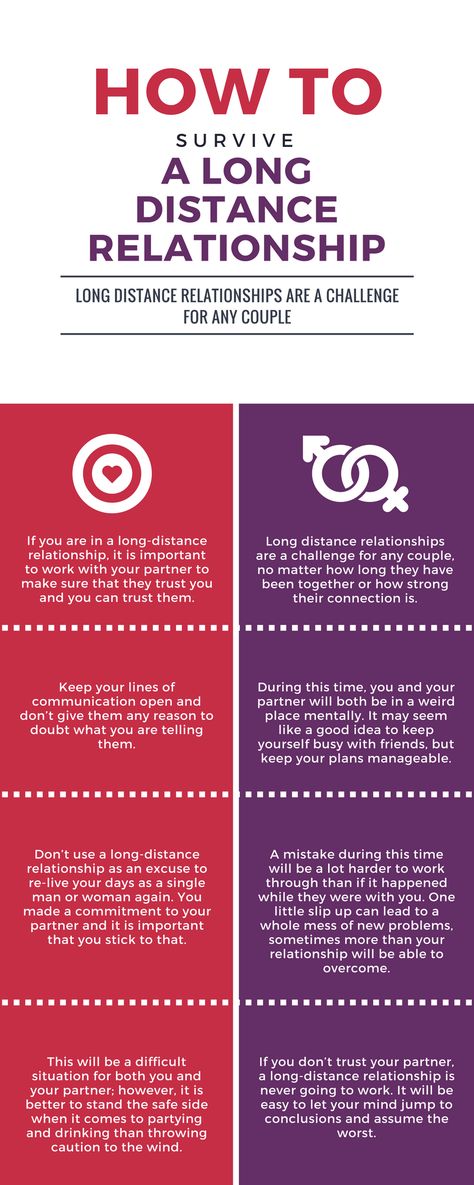 Knowing your attachment style and working with it, rather than allowing it to work on you, is a way to counter acting on self-destructive behaviors.”
Knowing your attachment style and working with it, rather than allowing it to work on you, is a way to counter acting on self-destructive behaviors.”
9 / 9
pyrozhenka/Shutterstock
Learn to open your heart and trust
Barb Schmidt, a Boca Raton Florida-based, mindfulness teacher and author of The Practice: Simple Tools for Managing Stress, Finding Inner Peace, and Uncovering Happiness, says a strong sense of love for one’s self is key in being able to trust others who love us. “If someone is insecure in their own self-love, then this insecurity will carry over into their other relationships,” she says. “This self-love isn’t about being narcissistic or self-centered, but about having a healthy love for yourself. One tip for learning to love yourself more is to silently repeat a positive word or phrase (such as a mantra) when you are having negative, self-sabotaging thoughts.”
Originally Published: March 19, 2017
Erica Lamberg
Erica Lamberg is an experienced travel and business writer based in suburban Philadelphia. Specializing in family travel, cruise experiences, and tips for enriching and affordable vacations. Beyond travel, Erica writes about personal finance, health and parenting topics. Her writing credits include Reader’s Digest, USA Today, Parents Magazine, Oprah Magazine and U.S. News & World Report. Her favorite city is Paris and she dreams about visiting Greece and Israel. She is a graduate of the University of Maryland at College Park and is married with two children.
Specializing in family travel, cruise experiences, and tips for enriching and affordable vacations. Beyond travel, Erica writes about personal finance, health and parenting topics. Her writing credits include Reader’s Digest, USA Today, Parents Magazine, Oprah Magazine and U.S. News & World Report. Her favorite city is Paris and she dreams about visiting Greece and Israel. She is a graduate of the University of Maryland at College Park and is married with two children.
Rules of Survival I had the same problem before. Therefore, I know well what it is like when various doubts, jealousy and insecurity lead to the fact that you begin to doubt your partner. You begin to be suspicious of many things, unsure of your feelings, and whether your partner really loves you. You begin to interpret his actions as signs that he wants to leave you. Feel offended and angry when he does not respond to messages for several minutes. nine0007
And although all these suspicions may not be justified, they do complicate life and negatively affect relationships. As a result, it leads to quarrels, conflicts and separation. Therefore, first of all, you need to calm down and stop worrying. Because you can find a way out of any situation.
As a result, it leads to quarrels, conflicts and separation. Therefore, first of all, you need to calm down and stop worrying. Because you can find a way out of any situation.
Contents of the article
- Tips and tricks on how to stop being paranoid in relationships
- 1. Identify what makes you feel these feelings
- 2. Take care of yourself
- 3. Get rid of negative thoughts and feelings
- 4. Live in the present
- 5. Communication is key
- 6. Seek help
90341 you have these feelings - Seek professional help
- Focus on the present
- Stop being paranoid by doing self-service
Don't look at what your partner is doing, look into yourself first. Determine what causes these paranoid thoughts and feelings. In my situation, it was a former partner who treated me badly in the past. As a result, I began to feel unworthy of having a good relationship, and constantly worried that my new relationship might be just as unsuccessful. But bad experiences should be left in the past and forgotten about. Because with a new person you have to start all over again. nine0007
Because with a new person you have to start all over again. nine0007
So let go of resentment and bitterness. They should not dictate terms to you in the future and present. Let go of the past, in most cases it helps to get rid of this mental disorder. Start a new life with a clean slate, you have everything you need for this. Everything else depends only on you.
2. Take Care of Yourself
Whatever you do, don't sit at home and wait for your loved one to come home from work, call you or text you. If you are paranoid in a relationship at the moment, and do nothing to change, then the situation will certainly become more complicated. So you need to start doing something. Take care of your physical health first. Start spending more time on physical activity, running and various exercises. Go outside more often, walk more and relax. Surround yourself with loved ones, spend more time with them. Don't get too attached to your partner. You need to learn how to give freedom in a relationship, and spend some time apart from each other.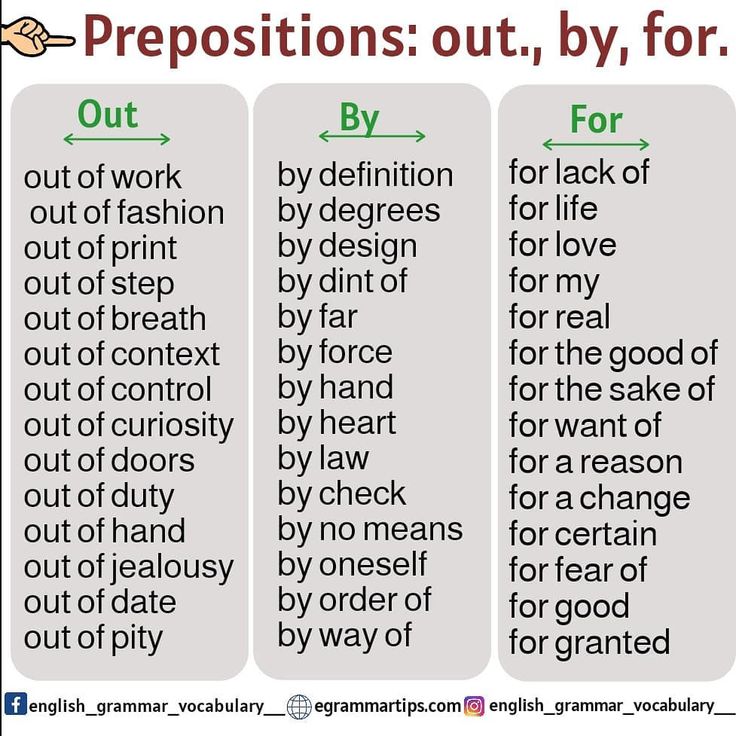 nine0007
nine0007
To stop being paranoid, be sure to work on yourself. At the root of paranoia lies the problem of low self-esteem. And when low self-esteem is present, we convince ourselves that we do not deserve a good relationship and a loving partner. As a result, we have a feeling of insecurity in the relationship and distrust of the partner. Therefore, it is necessary to create your own sense of value, dignity and self-confidence. This is the only way you can put an end to this paranoid relationship. After all, it is a truly wonderful feeling to love, and to be in a relationship in which you firmly understand your own significance. nine0007
3. Get rid of negative thoughts and feelings
You can stop being paranoid in relationships if you get rid of negative thoughts in your head. You need to replace thoughts of jealousy, infidelity and distrust with more positive ones. This can be done through self-hypnosis. Start repeating to yourself every day that you love and trust your partner until you feel calmer and can let go of these unhealthy emotions.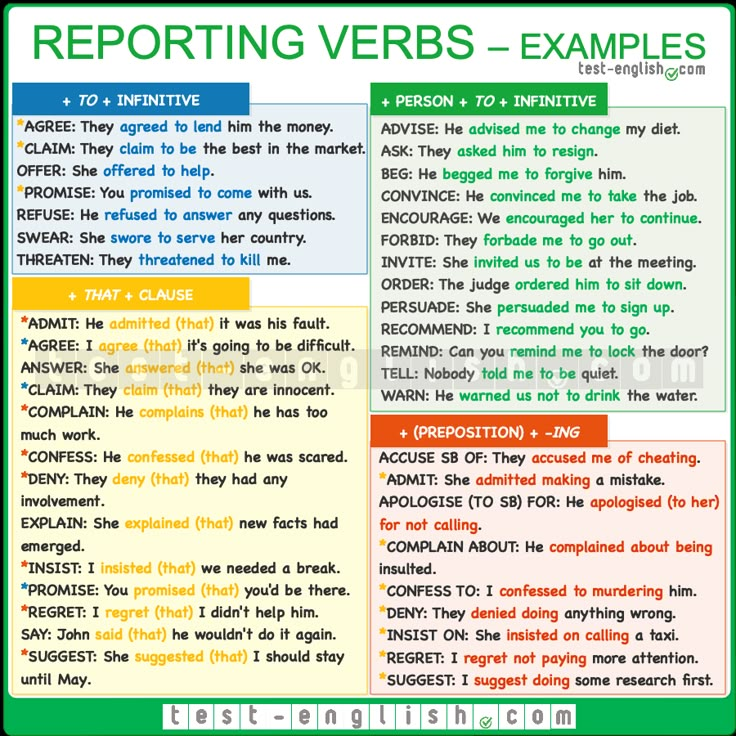 Stop thinking that you are paranoid in a relationship. You need to become a loving person, and this can only be done with a positive outlook on the world, on yourself and on your relationships. nine0007
Stop thinking that you are paranoid in a relationship. You need to become a loving person, and this can only be done with a positive outlook on the world, on yourself and on your relationships. nine0007
4. Live in the present
Stop worrying about the future and the past. Otherwise, it will destroy the present moments, and prevent you from living a fulfilling life. You need to enjoy each new day and be grateful for what you have now. Because you never know what will happen tomorrow, no matter what precautions you take.
5. Communication is key
Talk to your partner about how you feel, why you're feeling it, and how you can fix it. I now mean calm conversations, not disputes and conflicts. Because if you are paranoid in a relationship, then your emotions can get the better of you. You start raising your voice for no reason, and say completely unnecessary things. An easy solution to this is to write down in advance what you want to discuss with your partner. Also listen carefully to what she or he will answer. Do not interrupt, and take into account all feelings and desires. Because a disrespectful attitude towards a partner will harm not only him, but also you. Ideally, you should always have honest and frank conversations between you. In this case, you will understand that you have no reason to be paranoid. nine0007
Also listen carefully to what she or he will answer. Do not interrupt, and take into account all feelings and desires. Because a disrespectful attitude towards a partner will harm not only him, but also you. Ideally, you should always have honest and frank conversations between you. In this case, you will understand that you have no reason to be paranoid. nine0007
This alone may not be enough in some cases to get rid of paranoia. So also remember that trust issues and feelings of insecurity in a relationship are all part of the emotional baggage you've been carrying with you for a long time. And it is the work with your past that will be crucial, and will help you establish a healthy and happy relationship. The feeling of insecurity is a personal emotion of a person. You need to recognize that the problem is with you, not the relationship. Realizing this is one of the important steps in overcoming trust issues and getting rid of paranoia. nine0007
6. Get help
Unfortunately, not all problems can be solved by us. In some cases, we may need the help of close friends, relatives or specialists. Feel free to share the problem with other people. It may well be that one of your friends was in a similar situation, and can give actionable advice. If not, then seek professional help. Trained psychotherapists will carefully examine the roots of your problems, patterns of behavior, and help eliminate trust problems in relationships. Working with a mental health expert can be really helpful in overcoming these disorders. nine0007
In some cases, we may need the help of close friends, relatives or specialists. Feel free to share the problem with other people. It may well be that one of your friends was in a similar situation, and can give actionable advice. If not, then seek professional help. Trained psychotherapists will carefully examine the roots of your problems, patterns of behavior, and help eliminate trust problems in relationships. Working with a mental health expert can be really helpful in overcoming these disorders. nine0007
How to stop being paranoid in relationships
This article permanent emotions.
It's happening again: your unhealthy relationship patterns are reinforced.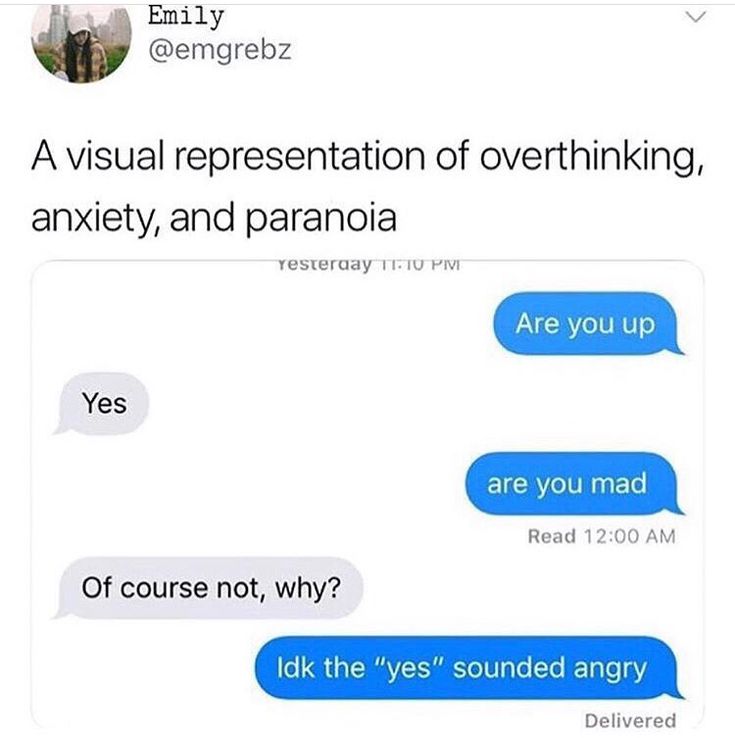
You begin to feel insecure, doubtful of your partner, and paranoid.
You wonder if he is really in love with you.
You begin to interpret his actions as signs that he is about to leave you: a message to which he did not immediately respond, an evening when you felt that something was “wrong” with him, suspicion is unfounded, but nevertheless less available - that he can meet with another woman. nine0007
Does this anxiety and paranoia sound familiar? Do you recognize this pattern in yourself?
If yes, know that you can be helped.
Let's learn how to stop being paranoid in relationships.
What causes insecurity in a relationship?
Anxiety and relationships are intertwined
There are times when they go hand in hand.
But most people get through these moments by coping with anxiety, using positive messages for themselves, good communication techniques, and seeking professional help if they feel the need for it. nine0007
On the other hand, those of us who show extreme anxiety in relationships, both romantic and professional.
Why can some people handle these moments of paranoia and anxiety while others remain stuck in a self-destructive pattern?
Your past may determine your future choices
Much of your past will determine how you react in the future.
If you have experienced trauma in a previous relationship, or as a child, and you have not done the hard but necessary psychological work to release the effects of that trauma, it is likely that you will carry it over into your future relationship. nine0007
It is difficult, almost impossible, to overcome trust issues unless you address them directly.
Let's say your previous partner was unfaithful in a relationship. Let's say he hid his extramarital affairs for years, until one day he was caught.
Let's say he hid his extramarital affairs for years, until one day he was caught.
It would be normal for you to show trust issues in subsequent relationships because you have lived years with someone you thought was trustworthy but who turned out to be living a double life.
How are you getting on now? nine0007
How to fix trust issues in relationships
If you are experiencing trust issues in your current relationship, the first step in managing this is to open a channel of communication with your partner.
You need to see if you are just being paranoid based on previous relationship experiences or if something is really going on.
So sit down with your partner and talk frankly.
Tell him how you feel: that you are dealing with paranoia and you need to know if there is any basis for this feeling. nine0007
See also:
Overcoming paranoia, trust issues, and insecurity in relationships
Ideally, having an honest conversation with your partner will show you that there is no reason to be paranoid.
But this may not be enough to get rid of your paranoia - remember, trust issues, paranoia and feelings of insecurity in relationships are all part of the emotional baggage you carry with you for a long time.
This is where working on changing this response will be critical in helping you make healthy and happy connections. nine0007
Feeling insecure is one of your constant emotions.
Recognize that this says more about you than about your relationship.
Being aware of this part of your personality is the first step to overcoming trust issues and getting rid of paranoia.
This awareness helps you to understand that unhealthy emotions are caused by internal, not external causes.
Seek professional help
Qualified therapists can help you get to the root of these behaviors and begin to correct trust issues in the relationship. nine0007
Working with a mental health professional in a safe and trusting space can be helpful in overcoming these relationship-hindering behaviors.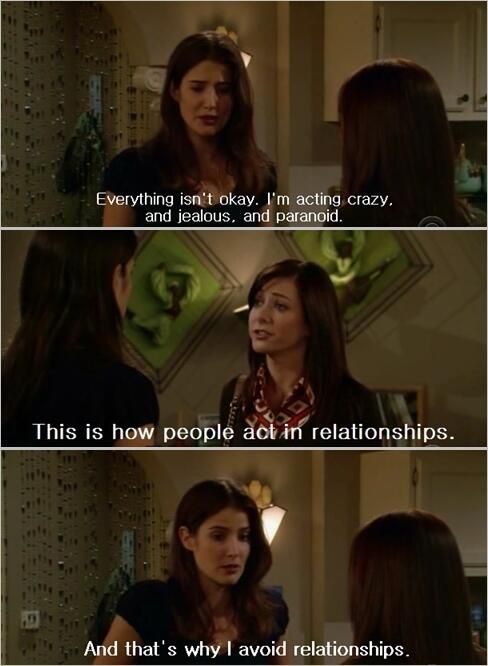
You can learn how to replace paranoia, insecurity, and trust issues with more positive and loving thoughts by repeating these thoughts over and over until you feel calmer and can let go of unhealthy emotions.
Focus on the present
Focus on the present without looking at it through the prism of the past. nine0007
We can retrain our brains so that when a negative thought comes, we are momentarily aware of how it feels and then learn to let it go.
To overcome insecurity in your relationship, it is helpful to learn to stop the reflex when you automatically turn to any past. unhealthy relationships that have nothing to do with what you are currently living.
Every connection in your life is a separate entity, fresh and new.
To stop being paranoid, start self-service
Low self-esteem is at the root of paranoia, insecurity, and trust issues.
when low self-esteem is present, we run the risk of becoming convinced that we do not deserve good things happening in our lives, or that we are unworthy of our relationship with our partner.

